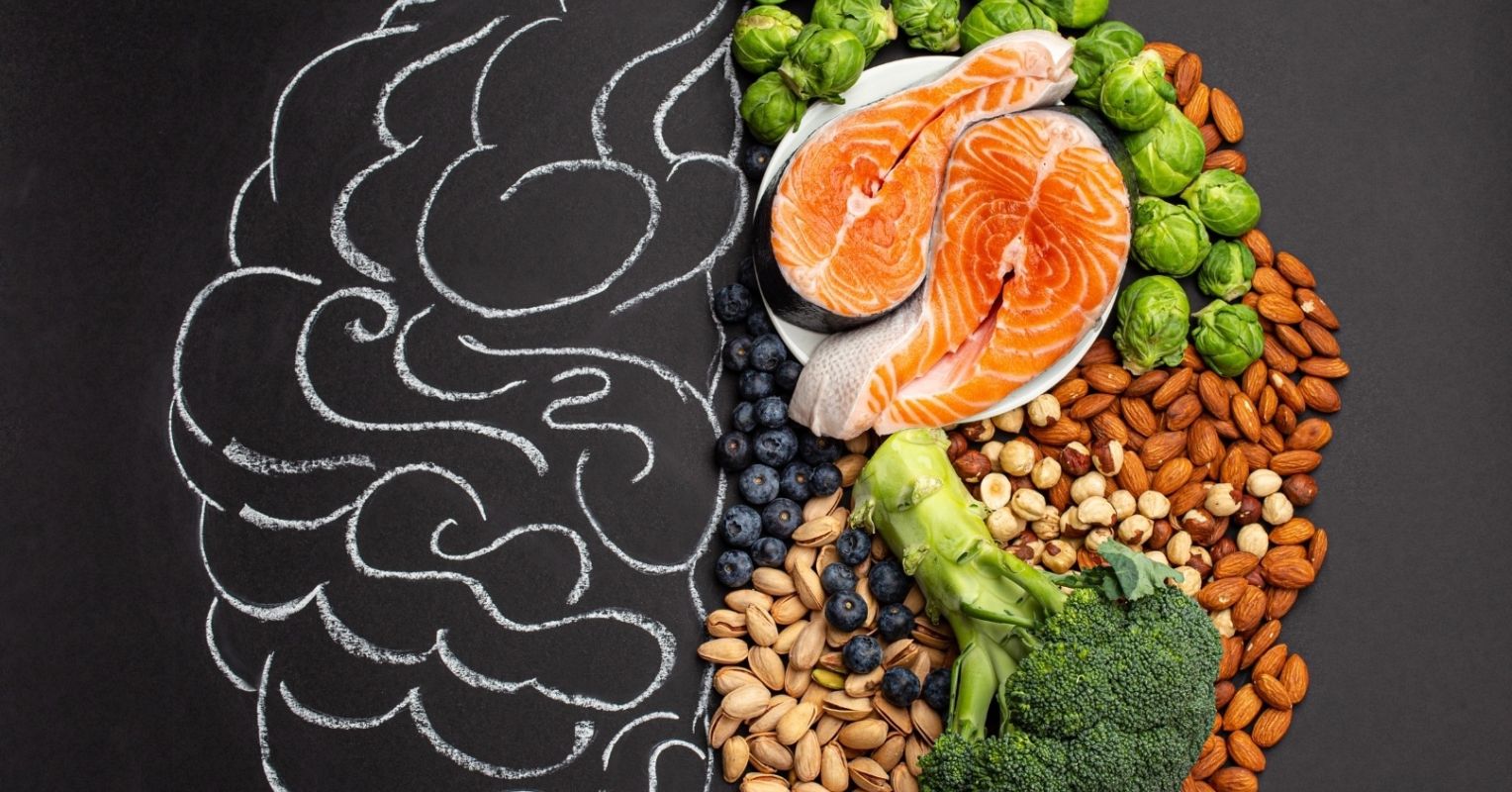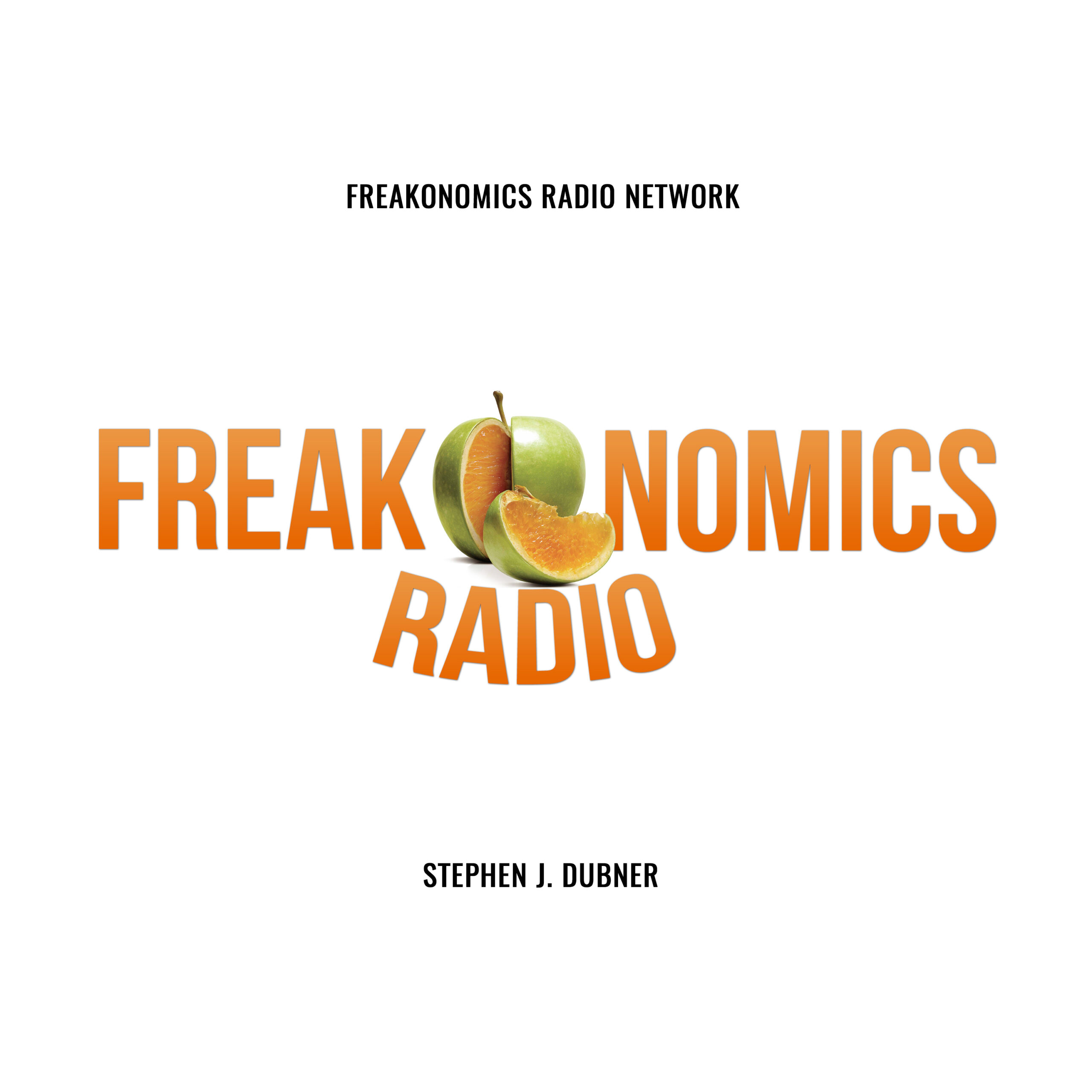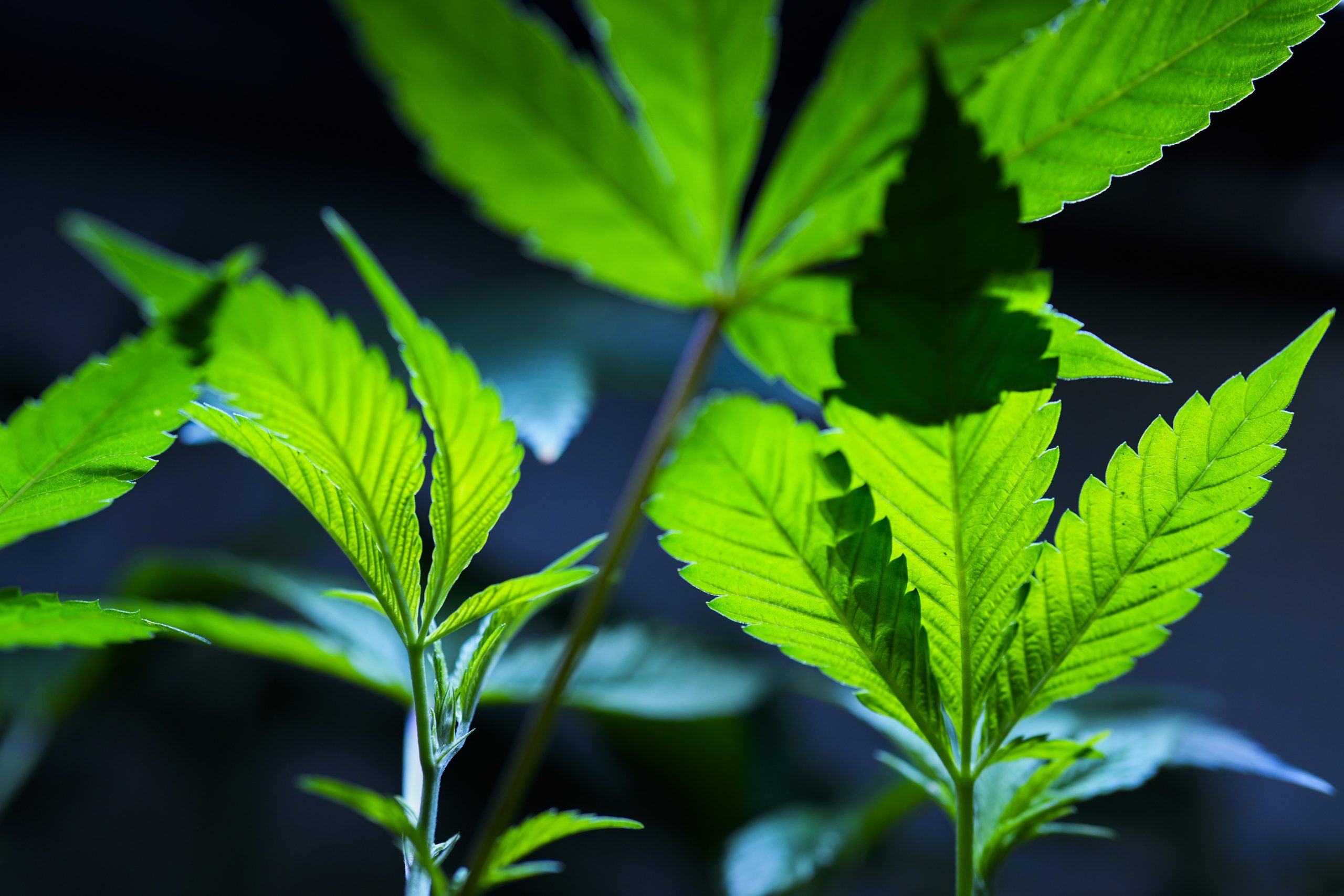News Mentions for the week of May 20, 2024
Our faculty often provide insight on current events and topics in the news.
Explore some of the articles that they have contributed to or been quoted in recently below.
- Psychology Today
Rethinking Bipolar Treatment: Dietary Interventions
Nearly half of bipolar disorder patients do not effectively respond to current drug treatments. Metabolic psychiatry uses diet to boost mental health, with ketogenic diet showing promise in clinical trials. Recent research led by Shebani Sethi, clinical associate professor of psychiatry and behavioral sciences, is featured.
- Psychiatric Times
Supporting the Mental Health of AAPI Youth
In honor of Asian American/Pacific Islander Heritage Month, Psychiatric Times had a discussion on how best to support AAPI youth and their families. Apurva Bhatt, clinical assistant professor of psychiatry and behavioral sciences, is interviewed.
- Freakonomics
Why Has the Opioid Crisis Lasted So Long?
Most epidemics flare up, do their damage, and fade away. This one has been raging for almost 30 years. To find out why, it’s time to ask some uncomfortable questions. Keith Humphreys, the Esther Ting Memorial Professor of psychiatry and behavioral sciences, is interviewed in this series.
- One Earth
Connecting climate change and mental health: Unveiling the hidden crisis
Kaiser Permanente and the World Economic Forum recently hosted an event as part of the 'Connecting Climate Change and Health' series. Leaders from diverse sectors came together to share valuable resources and insights on prioritizing mental health and equity with a focus on the workforce, youth, and families. Britt Wray, instructor of psychiatry and behavioral sciences, participated in a panel and is quoted in the article.
- Medical Xpress
New AI model uses federated learning for multi-organ segmentation based on medical image data
Researchers have successfully developed the technology that can accurately segment different body organs by effectively learning medical image data used for different purposes in different hospitals, which is expected to greatly contribute to the development of large-scale medical AI models in the future. The study, published in the journal Medical Image Analysis, was led by Kilian Pohl, professor of psychiatry and behavioral sciences, and Ehsan Adeli, clinical assistant professor of psychiatry and behavioral sciences, and colleagues.
- Washington Monthly
This Isn’t Your Father’s Marijuana Use
A new study shows pot use has exploded—surpassing daily alcohol use in 2022. Potency is way up, too. Thoughts on the new age of weed and what to do in this post from Jonathan Caulkins of Carnegie Mellon University, and Keith Humphreys, the Esther Ting Memorial Professor of psychiatry and behavioral sciences.
- Asia News Network
‘Cambodia’s Hidden Scars’ final book highlights healing after atrocities
The Documentation Center of Cambodia (DC-Cam), in collaboration with the Human Rights in Trauma Mental Health Program at Stanford University, led by Daryn Reicherter, clinical professor of psychiatry and behavioral sciences, has announced the release of the final edition of the “Cambodia’s Hidden Scars” series. The series provides an in-depth analysis of the idea that human rights violations, armed conflict, and war cause psychological and psychiatric outcomes, using the Kingdom’s tragic past to explore its themes.
- National Institutes of Health (NIH)
Study suggests approach for treating rare disorder
Researchers used 3D brain tissue structures called organoids to test a potential therapy for a rare disorder called Timothy syndrome. Sergiu Pasca, the Kenneth T. Norris, Jr. Professor of psychiatry and behavioral sciences and Bonnie Uytengsu and Family Director of the Stanford Brain Organogenesis Program, is featured.
- CNN
Why BORG drinks are dangerous for you
A new mixed drink has gained popularity with Gen Z college students. Anna Lembke, professor of psychiatry and behavioral sciences, explains why partying with the trendy beverage is risky.








